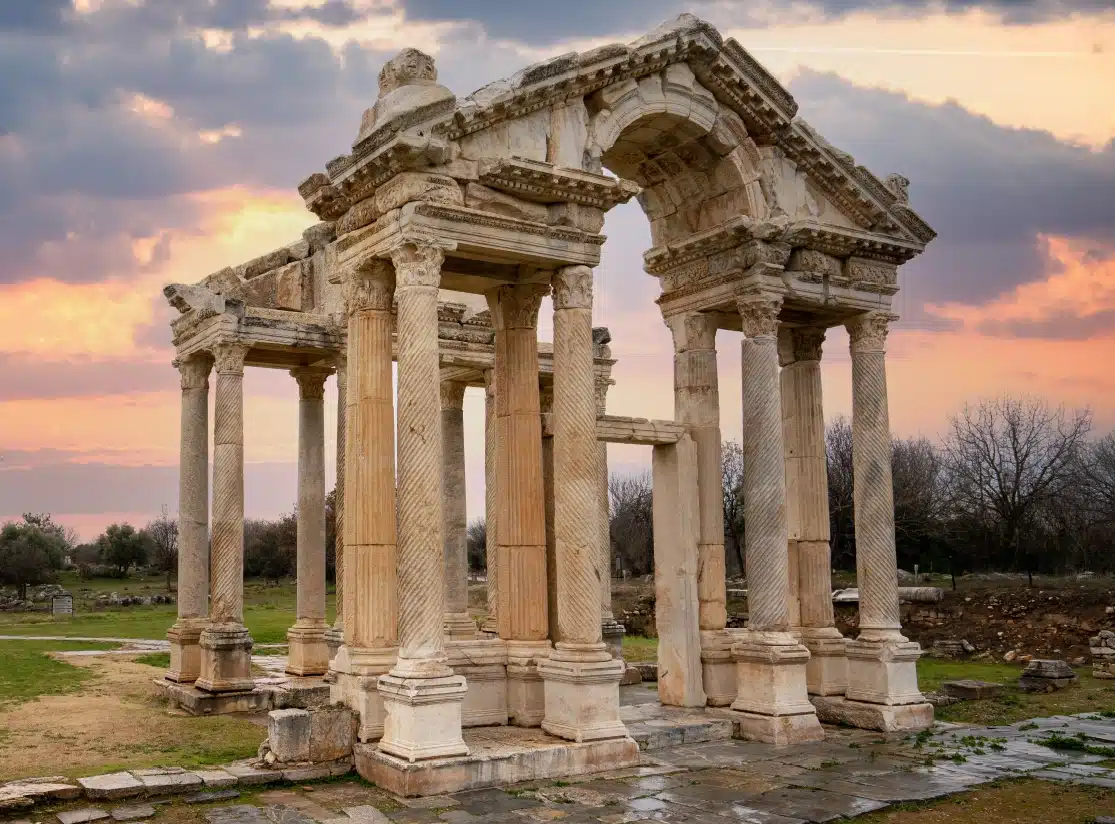It is a privilege to have the opportunity to read Classical Civilisation at King’s and really have an opportunity to stand out from the crowd. Only 3000 candidates enter GCSE Classical Civilisation each year, which allows you to make an impact in any future applications. It is not only that you stand out from the crowd, but this is an opportunity to explore the ancient world in a way many other people will never truly understand.
Throughout the course you will be provided with constant intellectual challenge and be engaged with a variety of new and exciting material. The reason why I fell in love with the subject was because it engaged me in school with an abundance of strange, bizarre, and somewhat bonkers stories about a mythical past I knew nothing about. Except now I do, and what I understood from this was that our civilisations are not much different from those of the ancient Romans and Greeks. Western culture is incredibly influenced by the Graeco-Roman world, and once you have begun to learn about our ancient ancestors, you will see the pervasiveness of Classics in everyday life. From the foundations of religion, theatre, and literature, to the stories of heroes, monsters, and mayhem, you will be given a wide introduction to the classical world.
The study of Classical Civilisation at GCSE is undoubtedly an intellectual challenge, and it will most certainly give you lots to discuss over the dinner table, but ultimately, it is an exciting, interesting, and undeniably strange world waiting for you to explore.
The GCSE course is in two parts with a 90 minute paper each:
- Myth & Religion
We learn about the meaning and importance of myth and religion to both Greeks and Romans, making comparisons between the two.
We examine their attitude to gods and their use of mythology (in particular Herakles/Hercules) by studying literature in translation as well as examining material culture (buildings, statues, vase paintings).
- Roman City Life
The study of Roman city life allows us to examine everyday life for Romans. This includes family relationships, political organization and leisure activities.
We read a variety of written sources (in English) and consider a variety of material remains from Pompeii, Herculaneum and Rome.
- Cross-Curricular
Classical Civilisation is a great foundation for A-level Classical Civilisation, and it is a subject which combines a multitude of disciplines including English Literature, Art, Drama, and History. This subject will give you the foundations to take the next step in a variety of different arts and humanities pathways.
Examination Board: OCR
Specification: J199
Mr C. Carroll – Head of Classics
SENIOR SCHOOL







